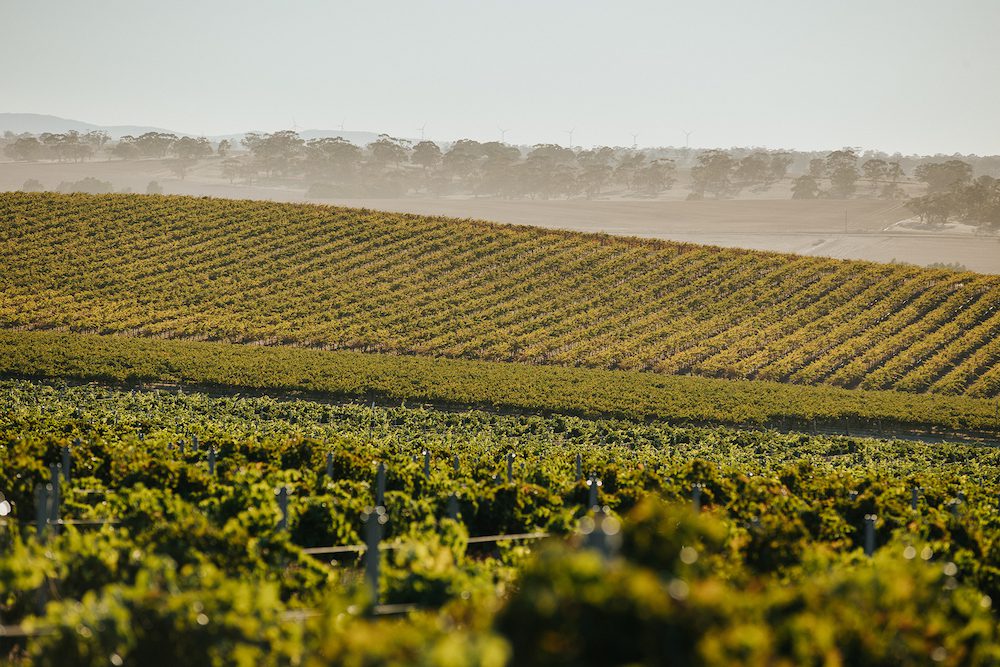A commitment to sustainability in business has gone from being a nice thing to do – and the right thing to do – to now being a competitive advantage, according to Amanda Ellis, Head of Chemical Engineering at The University of Melbourne.
“As advances in grape and wine chemistry continue to push forward, the challenge many wine companies are facing is to remain competitive,” Amanda said.
“To develop and maintain an advantage in both international and domestic markets, using sustainable and water efficient winemaking practices and adopting new efficient technologies is the key.”
The University of Melbourne and Professor Roger Boulton are collaborating to offer a short online course in Sustainable Wine Operations, commencing in September and initially open to winery workers in Australia, New Zealand and California.
The course was developed after industry consultation in 2019 with representatives from Pernod Ricard, TWE, Delegat Wines, Crittenden and others.
“We’re pleased to say we have landed on a course that should address a growing skills gap for contemporary winemakers,” Amanda said.
“The course will equip you with the skills, knowledge and perspective needed to operate efficient, competitive and sustainable wineries– at an international level.”
The course provides an introduction to key aspects of chemical engineering in winemaking to equip you with the scientific perspective needed to overcome the challenges facing New World wineries today.
You will also explore new technologies in the manufacturing process, as well as gain a comprehensive understanding of the design and operation of sustainable wineries.
Topics covered will include the importance of sustainability, measuring your energy, water and chemistry footprint, energy management and renewable energy.
“Together, you will be well-placed to produce sustainable, efficient, high-value wines and increase profit margins – making you an asset to your company and opening you up for career opportunities in the industry more broadly,” Amanda said.
The course is available to all workers in the wine industry including winery managers, winery engineers, winemakers, suppliers, and those involved in the development of new and existing wineries.
This is the first time the University of Melbourne has offered this course. “The fact we are doing it, shows that there will be jobs at the end of it,” she said.
Amanda expects winemakers to come under increased scrutiny around water use in the future. “There is a strong movement out there for buying products that do the right thing by the world,” she said. “If you can say on the label, for instance, that the wine was produced using five litres of water instead 20, or whatever the case may be, then I think that is a very powerful message, especially for younger consumers.
“It’s about trying to find ways to both minimise the impact on the environment but also create new value-add opportunities so there is an economic benefit there as well. These are the sorts of things that will be covered in the course.”
• To book your spot visit www.unimelb.edu.au/cpd/wbmwine
Photo: Taylors Wines. See: Taylors commits to emissions reduction.
